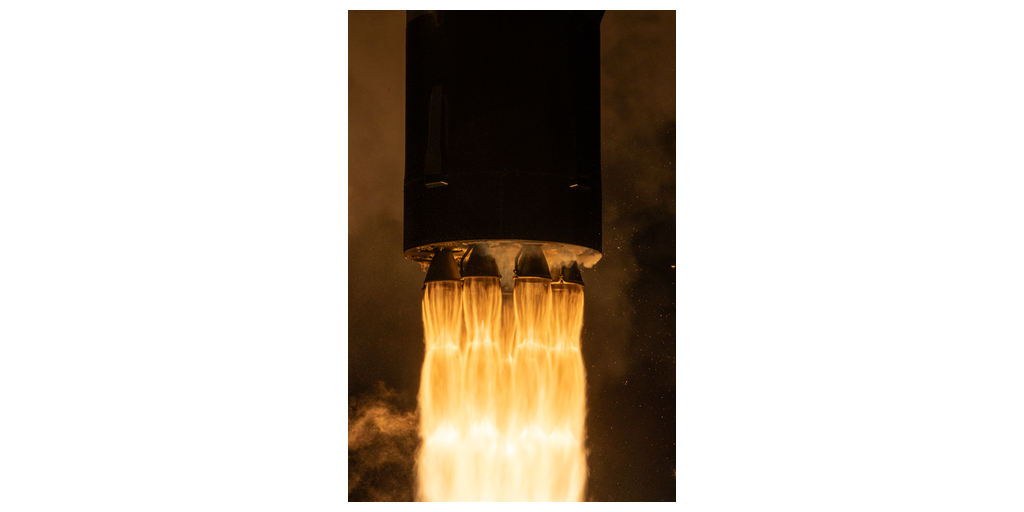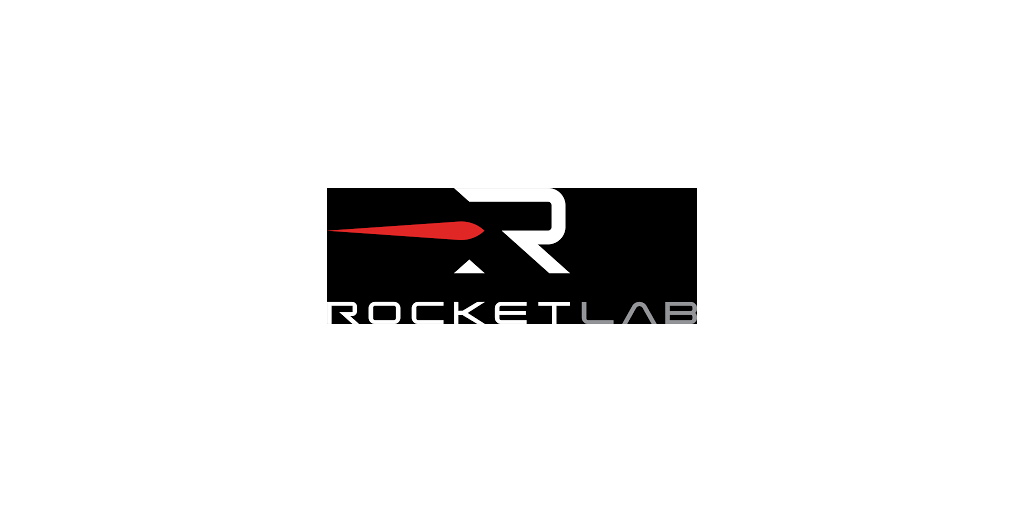Rocket Lab Successfully Launches First of Two Climate Science Satellites for NASA
The satellite was the first of two that will launch on Electron for NASA’s PREFIRE mission to detect heat loss over the Arctic and Antarctica
MAHIA, New Zealand–(BUSINESS WIRE)–Rocket Lab USA, Inc. (Nasdaq: RKLB) (“Rocket Lab” or “the Company”), a global leader in launch services and space systems, today launched the first of two back-to-back launches for NASA’s PREFIRE (Polar Radiant Energy in the Far-InfraRed Experiment) climate change-focused mission.
‘Ready, Aim, PREFIRE’ lifted-off from Rocket Lab Launch Complex 1 in Mahia, New Zealand at 7:41 pm NZST on May 25th, 2024. The launch deployed the first of two satellites for the PREFIRE mission to a 525km circular Low Earth Orbit. Now that the first satellite has been successfully deployed, the second will follow on another dedicated Electron launch in just a few days. The launch date for the next mission, ‘PREFIRE and Ice’ will be confirmed early next week.
Rocket Lab’s ability to launch dedicated missions to precise orbits on demand is critical to the success of PREFIRE. The mission requires two separate satellites to follow similar trajectories but along different paths to overlap with each other every few hours near the Arctic and Antarctica and capture accurate heat loss measurements. Both PREFIRE satellites are equipped with a device called a thermopile, similar to sensors found in household thermostats, to measure heat loss at far-infrared wavelengths which have never been systematically measured before. This data collected by the PREFIRE mission will help to improve climate and ice models and provide better predictions of how the planet’s sea level and weather are likely to change in the future.
Rocket Lab founder and CEO, Peter Beck, says: “Missions like PREFIRE demonstrate the unique benefit of Electron – dedicated launch for small satellites to precise orbits on precise schedules. We’ve demonstrated this back-to-back launch capability for NASA once before with the TROPICS mission and we’re excited to deliver it once again for PREFIRE. Climate change-focused missions like this are essential to understanding and safeguarding the future of our planet. It’s a privilege to support them on Electron.”
Today’s successful mission was Rocket Lab’s 48th Electron launch overall and sixth launch of 2024.
Images and video from launch: https://flic.kr/s/aHBqjBp4Cy
+ About Rocket Lab
Founded in 2006, Rocket Lab is an end-to-end space company with an established track record of mission success. We deliver reliable launch services, satellite manufacture, spacecraft components, and on-orbit management solutions that make it faster, easier, and more affordable to access space. Headquartered in Long Beach, California, Rocket Lab designs and manufactures the Electron small orbital launch vehicle, a family of flight proven spacecraft, and the Company is developing the large Neutron launch vehicle for constellation deployment. Since its first orbital launch in January 2018, Rocket Lab’s Electron launch vehicle has become the second most frequently launched U.S. rocket annually and has delivered 180+ satellites to orbit for private and public sector organizations, enabling operations in national security, scientific research, space debris mitigation, Earth observation, climate monitoring, and communications. Rocket Lab’s family of spacecraft have been selected to support NASA missions to the Moon and Mars, as well as the first private commercial mission to Venus. Rocket Lab has three launch pads at two launch sites, including two launch pads at a private orbital launch site located in New Zealand and a third launch pad in Virginia. To learn more, visit www.rocketlabusa.com.
+ Forward Looking Statements
This press release contains forward-looking statements within the meaning of the Private Securities Litigation Reform Act of 1995. We intend such forward-looking statements to be covered by the safe harbor provisions for forward looking statements contained in Section 27A of the Securities Act of 1933, as amended (the “Securities Act”) and Section 21E of the Securities Exchange Act of 1934, as amended (the “Exchange Act”). All statements contained in this press release other than statements of historical fact, including, without limitation, statements regarding our launch and space systems operations, launch schedule and window, safe and repeatable access to space, Neutron development, operational expansion and business strategy are forward-looking statements. The words “believe,” “may,” “will,” “estimate,” “potential,” “continue,” “anticipate,” “intend,” “expect,” “strategy,” “future,” “could,” “would,” “project,” “plan,” “target,” and similar expressions are intended to identify forward-looking statements, though not all forward-looking statements use these words or expressions. These statements are neither promises nor guarantees, but involve known and unknown risks, uncertainties and other important factors that may cause our actual results, performance or achievements to be materially different from any future results, performance or achievements expressed or implied by the forward-looking statements, including but not limited to the factors, risks and uncertainties included in our Annual Report on Form 10-K for the fiscal year ended December 31, 2023, as such factors may be updated from time to time in our other filings with the Securities and Exchange Commission (the “SEC”), accessible on the SEC’s website at www.sec.gov and the Investor Relations section of our website at www.rocketlabusa.com, which could cause our actual results to differ materially from those indicated by the forward-looking statements made in this press release. Any such forward-looking statements represent management’s estimates as of the date of this press release. While we may elect to update such forward-looking statements at some point in the future, we disclaim any obligation to do so, even if subsequent events cause our views to change.
Contacts
+ Rocket Lab Media Contact
Morgan Connaughton

